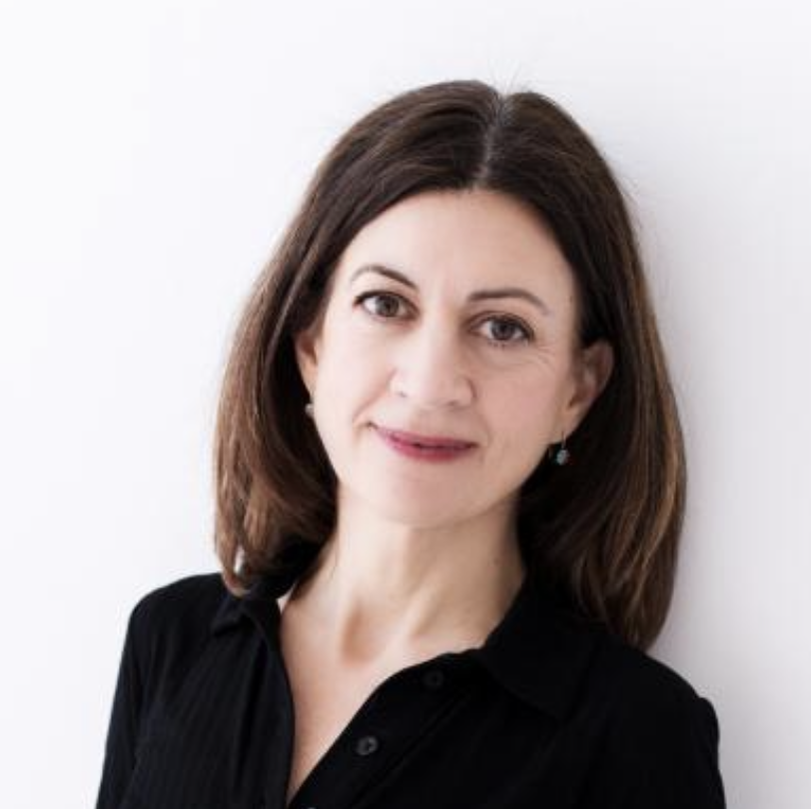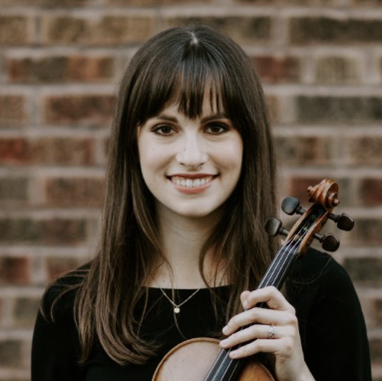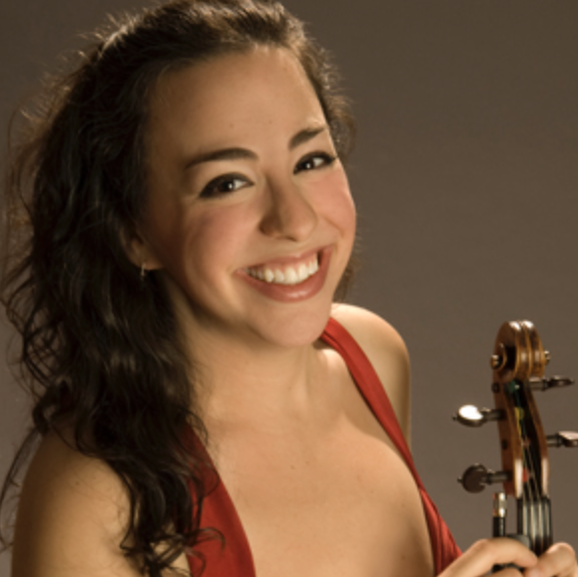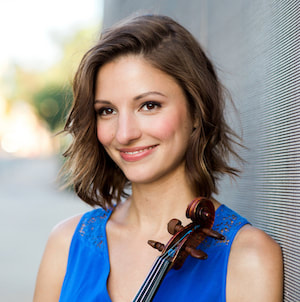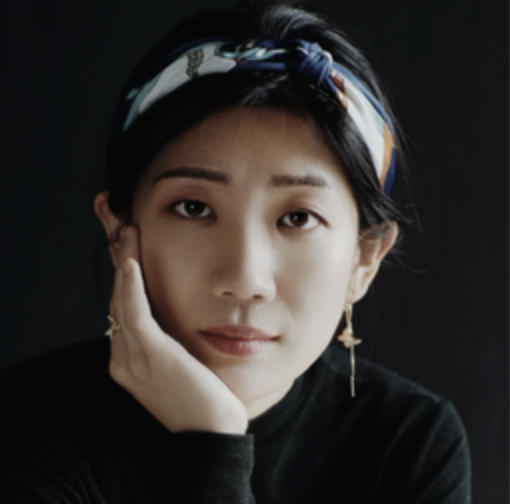Program
Hugo Wolf: Italian Serenade for String Quartet
William Grant Still: Suite for Violin and Piano
I. African dancer
II. Mother and Child
III. Gamin
Mahler: Piano Quartet in A minor
I. Nicht zu schnell
II. Scherzo (fragment only)
Piazzolla: The Four Seasons of Buenos Aires for Piano Trio
I. Primavera Porteña
II. Verano Porteño
III. Otoño Porteño
IV. Invierno Porteño
William Grant Still: Suite for Violin and Piano
I. African dancer
II. Mother and Child
III. Gamin
Mahler: Piano Quartet in A minor
I. Nicht zu schnell
II. Scherzo (fragment only)
Piazzolla: The Four Seasons of Buenos Aires for Piano Trio
I. Primavera Porteña
II. Verano Porteño
III. Otoño Porteño
IV. Invierno Porteño

